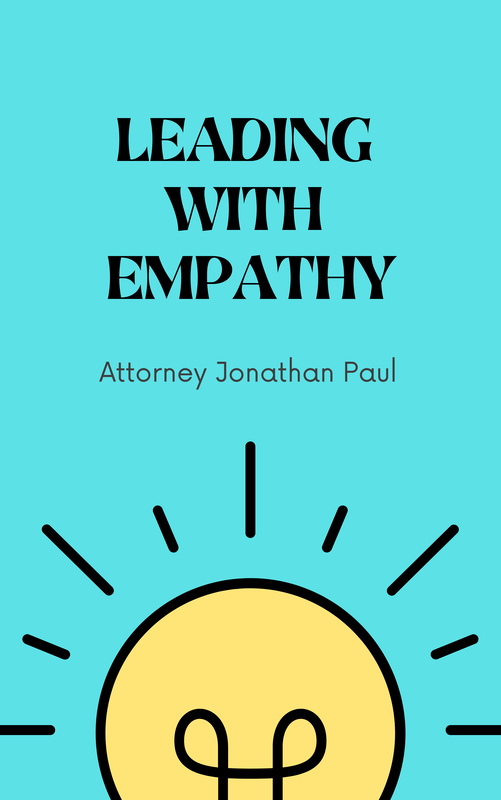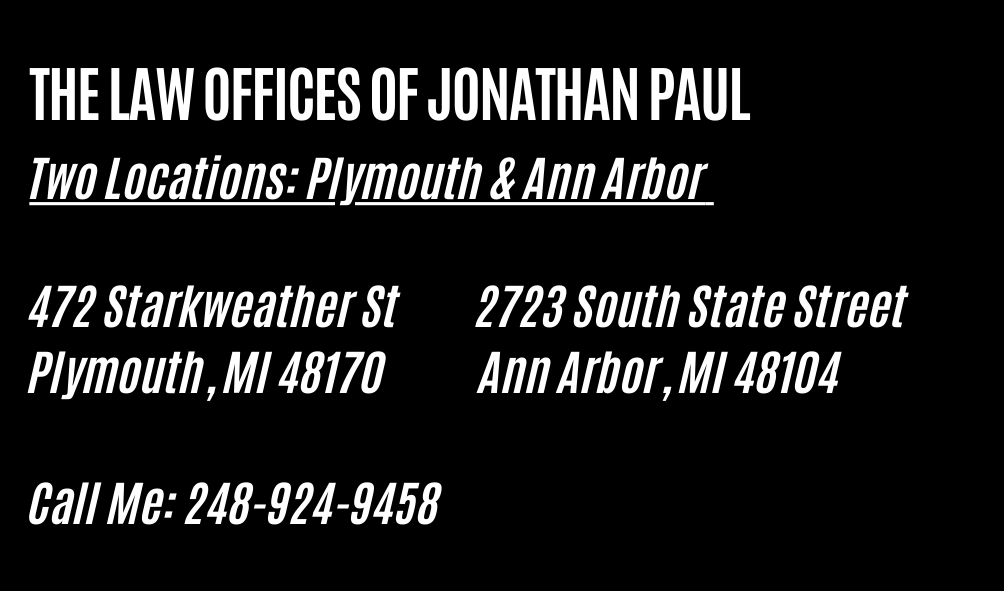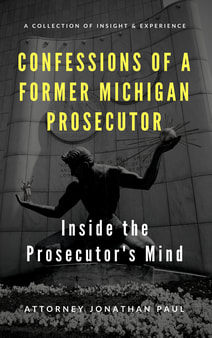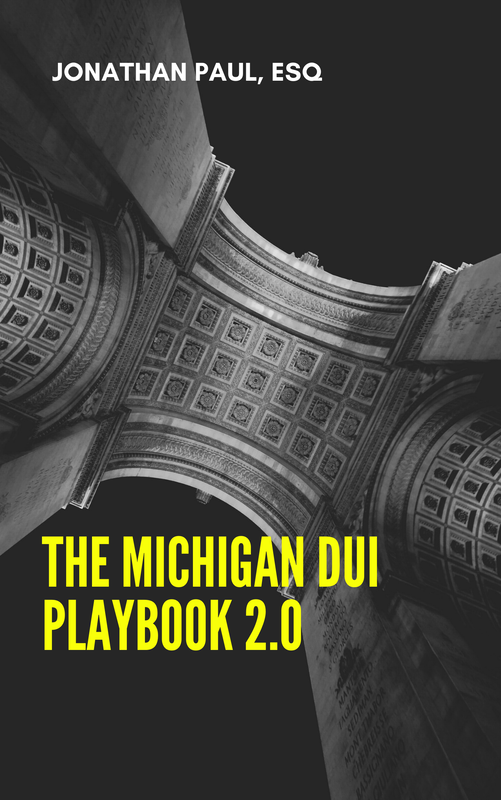|
License lost due to a drunk driving conviction?
If you've been arrested for a DUI in Michigan, it's likely that your driver's license has been confiscated.The police are required to confiscate your license if you fail a chemical test (0.08 or above) or refuse to submit to a chemical test pursuant to a court order. If you fail a breath test, you will be given a DI-177B license, which is a temporary driving permit. If you submitted to a blood or urine test and the results are not available yet, you will be given a temporary license, but if the results come back under a 0.08, you will be re-issued your ordinary license. If you refused to give a sample, you will be issued a temporary driving permit along with a form (DI-93) that is a request for an implied consent hearing, which should be sent to the Driver Assessment and Appeal Division (DAAD). You have 14 days from the date of your arrest to request an implied consent hearing from the DAAD, which allows you to make the police prove four issues at a hearing. If you do not request a hearing within 14 days this will cause an automatic one year suspension of your driver's license, and a two year suspension if this was your second refusal within seven years. Once the implied consent hearing is requested, it must be scheduled within 45 days, and be resolved within 77 days. With these particular scheduling procedures, it's likely that you will appear in court for the misdemeanor charges before attending the implied consent hearing, which is to your benefit. Having a pre-trial prior to the implied consent hearing will allow your attorney to receive discovery including all police reports generated from your arrest. A first refusal results in a one-year Michigan driver's license suspension, and a second refusal in seven years results in a two-year suspension of your license. At the hearing there are four issues. The answer must be yes to all four issues in order for it to be a valid refusal. 1 - Did the police officer have reasonable grounds to believe the defendant committed a crime listed in MCL 257.625c(1)? (Covers must drunk driving offenses) 2 - Was the defendant placed under arrest for one of these crimes? 3 - Did the defendant reasonably refuse to submit to a chemical test requested by an officer? 4- Was the defendant advised of his or her chemical test rights? First time offenders can petition the circuit court for a restricted license, but repeat offenders cannot. The refusal under the Implied Consent Act is a civil infraction, which has no affect on the criminal proceeding, but it is also not discharged if you are acquitted on the Michigan drunk driving charges; it's a totally separate charge. In addition to license suspension, refusing a chemical test could result in six points on your license. So you can be acquitted of drunk driving, but still get six points on your license for refusing a chemical test. There is no plea bargaining at the implied consent hearing, but if the officer does not show, you will keep your license. The defendant has the opportunity to testify at the implied consent hearing, but does not have to take the stand. The defendant's testimony should only address the four issues at hand. If you fail to appear in court or fail to pay fines or costs, the court will inform the secretary of state who must then suspend your Michigan driver's license; the license will not be reinstated until the court informs the secretary of state that the matter has been resolved. Appealing the DAAD? If your license has been revoked by the Secretary of State, you can appeal for reinstatement with the Driver Assessment and Appeal Division (DAAD). The DAAD is the only avenue to appeal a revoked or denied license due to multiple Michigan drunk driving offenses. If your license is currently revoked, there is no immediate action to take. If you have entered a sobriety court, you may have been issued a restricted license. The DAAD is the governing body that approves the removal of an interlock device under the Michigan Super Drunk Law. If you are serving your first revocation, and your one-year non-appealable revocation has passed, you may be eligible to appeal the subsequent denial of the license to the DAAD. If this is your second revocation, you must wait a five-year period before being able to appeal a subsequent denial. During your mandatory suspension, the DAAD will send you a package containing material that is meant to guide you through the early steps necessary to improve your chances of winning an appeal. The packet is geared toward substance abuse, and it gives you the ability to setup an appointment with a substance abuse therapist or agency for an interview and evaluation. When you go to your interview, you should bring a copy of your driving record from Michigan, and any other statement which you have lived in the past ten years. You should also bring letters of sobriety, therapy, treatment and your substance abuse evaluation form, which was mailed in your packet. The standards for a repeat drunk driver to receive a restricted license in Michigan are the following: - The person seeking appeal must show by clear and convincing evidence that any alcohol and substance abuse problems are under control and likely to remain under control - The risk of repeating past abuse is low or minimal risk. - The risk of repeating the act of drunk driving is low or minimal risk - The person seeking appeal has the ability and motivation to drive safely and within the law - You must prove that you have abstained from the use of alcohol or controlled substances for everywhere from 6 to 12 months At the hearing you should have a witness who will testify to your sobriety; the more contact this person has had with you, the better witness they will make. You should be ready to discuss the steps you have taken to find sobriety in great detail. If you are denied a Michigan restricted license, the hearing officer may want you to seek further treatment before driving. If you are successful in receiving a Michigan restricted license, you must have an ignition interlock device on your vehicle. Once you have the restricted license, you can eventually apply for an Administrative Review, which is a hearing to be granted full driving privileges. Sometimes it is advisable to have a face-to-face meeting for this review, but it is not mandatory. For this hearing, you will also need to submit community proofs from three sources that speak to your sobriety. Only one administrative review is allowed per year. You should have an attorney represent you during this process Comments are closed.
|
Click to Email Me Categories
All
|
Ann Arbor Office LocationPlymouth Office Location |
Representing DUI Clients in MichiganRepresenting clients charged with a DUI in Ann Arbor, Canton, Brighton, Howell, Saline, Adrian, Taylor, Plymouth, Northville, Westland, Ypsilanti, Pittsfield Towsnhip, Warren, Sterling Heights, Farmington, Pontiac, Romulus, Lansing, Novi, South Lyon, Southfield, Birmingham, Bloomfield Hills, Royal Oak, Troy, Rochester, Jackson, East Lansing, Garden City, Livonia, Dearborn, Detroit, St Clair Shores, Hazel Park, Ferndale, Madison Heights, Waterford, Milford, Shelby Township Clarkston, Oak Park, Berkley, Fraser, Sterling Heights, Clinton Township and others throughout Washtenaw, Wayne, Monroe, Jackson, Genesee, Macomb, Ingham, Lenawee, Livingston and Oakland County.
|








